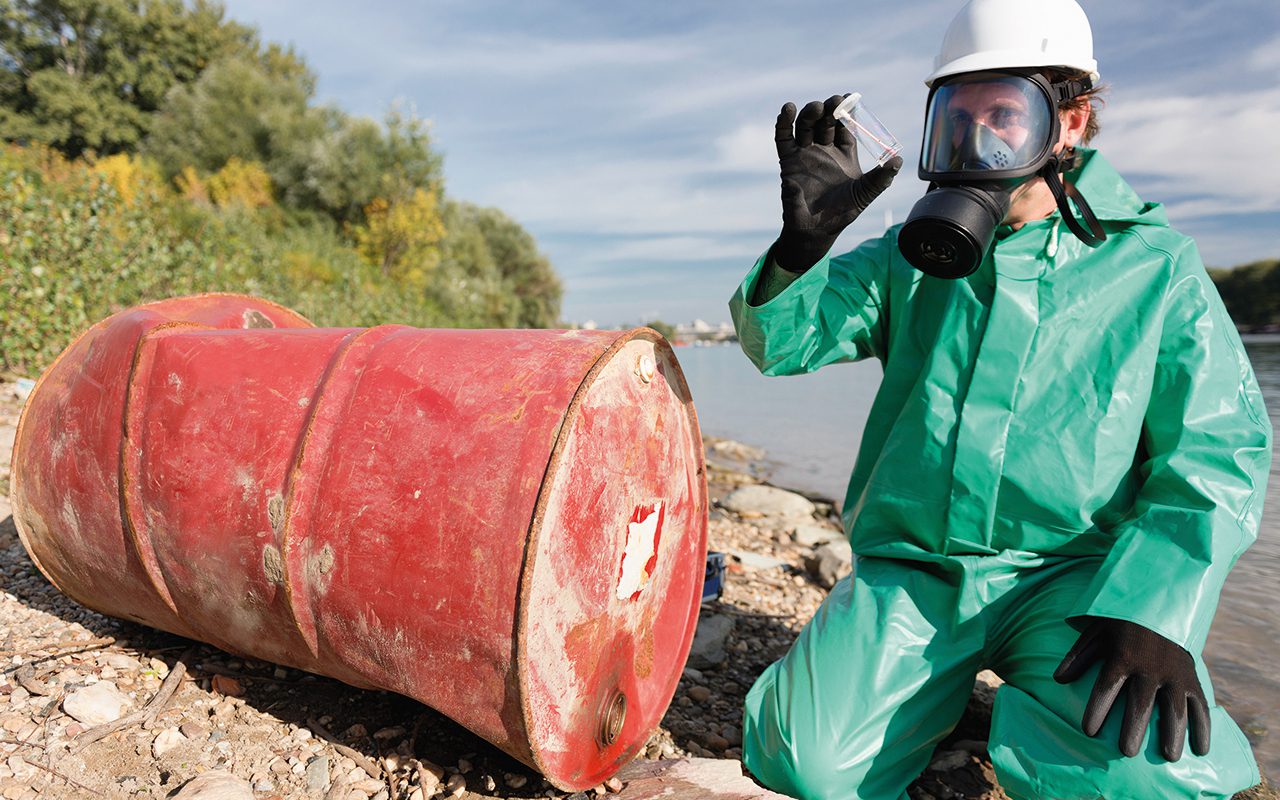An international body of scientists is calling for a global intergovernmental science policy body for informing policymakers, business, and the public about reducing harm from chemical pollution. In a paper published on 18 February in Science, the group explains how limited and fragmented science policy interactions on chemicals and waste have contributed to widespread health and environmental problems

“We need international cooperation to address issues that transcend borders, such as the harms of heavy metals, persistent organic pollutants, and plastic wastes,” said lead author Dr. Zhanyun Wang, a Senior Scientist at the ETH Zürich in Switzerland. “This is critical for developed and developing countries where developing countries are the world’s dumping grounds for toxics.”
Exposure to a small fraction of the over 100,000 chemicals in use has been estimated to have contributed to over 1.3 million premature deaths in 2017. Harmful chemicals include the PFAS that make our rain jackets waterproof but can cause cancer; pesticides that keep farmland clear of weeds and pests but contribute to killing bees; and metals from the disposal of our used digital devices and electric car batteries that pollute e-waste workers, their families and environment. Although such pollution is global, international decision makers do not have a way to stay informed regarding important new scientific findings, limiting their ability to address these threats in a timely fashion.
With the increasing amount and variety of chemicals in use, such harm will continue to grow. Global chemical sales were over US$5.6 trillion in 2017 and are projected to almost double by 2030. Even more concerning trends are projected for waste generation. For example, the amount of plastic waste entering the ocean in 2025 is expected to be 10 times higher than in 2010.
The authors urge that a global intergovernmental science-policy body for chemicals and waste is necessary to tackle these problems. This body would be an analogous to the Intergovernmental Panel on Climate Change (IPCC) for climate change and the Intergovernmental Science-Policy Platform on Biodiversity and Ecosystem Service (IPBES) for loss of biodiversity. Such a panel would keep chemicals in use under review throughout their life cycles. It would also identify policy-relevant research needs and speed action to protect human and environmental health.
Dr. Wang added, “A new science-policy body will provide a scientific basis for international and national action on chemicals and waste by conducting authoritative scientific assessments, identifying emerging concerns, and connecting policy makers and scientists. A journey of a thousand miles begins with a single step, and we hope the governments around the world will take this critical step toward a pollution-free planet.”







